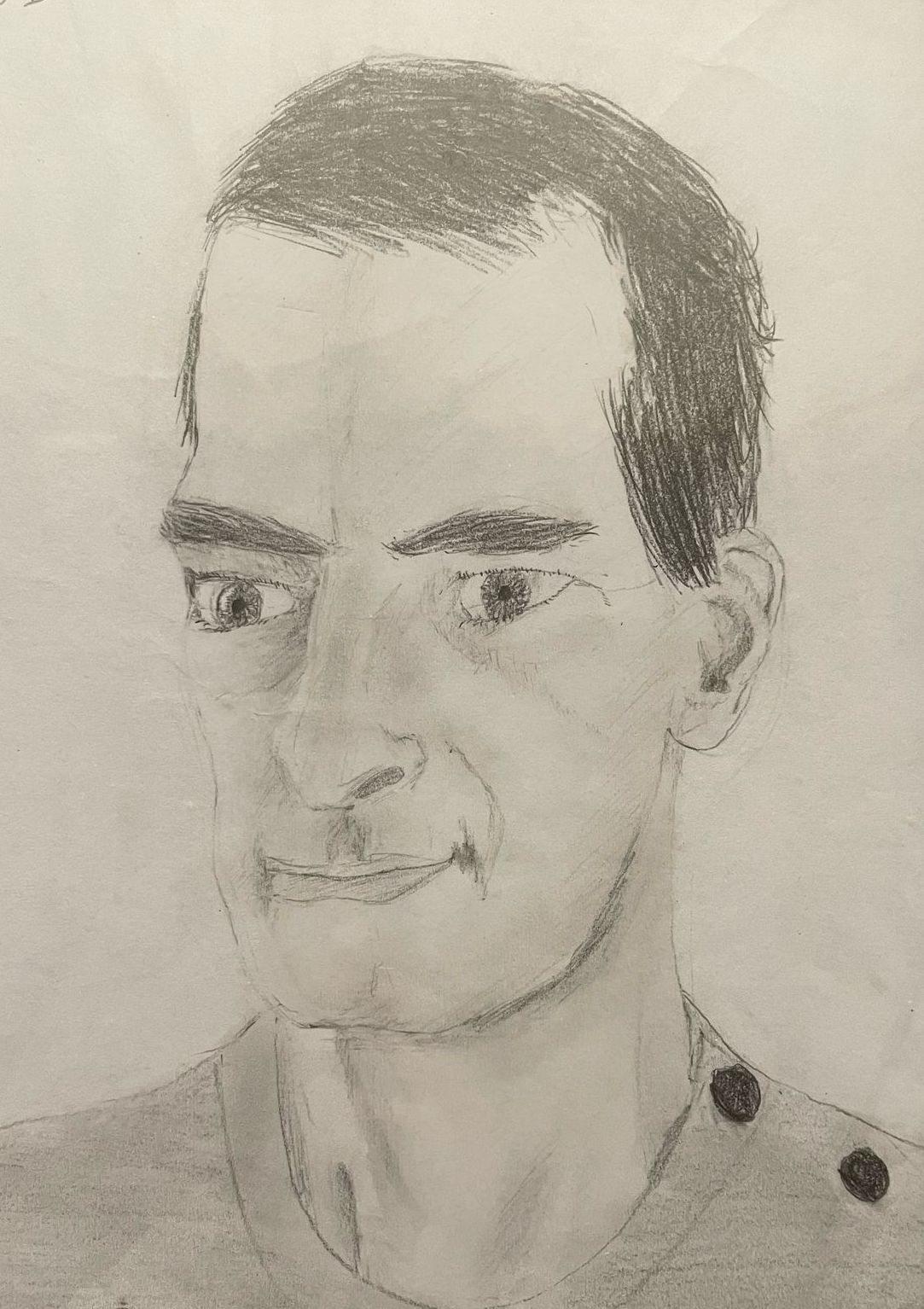 |
olivier godechot |
Cette page n'existe pas !
Sorry, this page does not exist !
Retour à l'accueil | Back to main entrance !
Sorry, this page does not exist !
Retour à l'accueil | Back to main entrance !
English |
Français


News 
OgO: plus ici|more here
[Publications] Publications moved, , Follow the link : http://olivier.godechot.free.fr/hoprubrique.php?id_rub=125: plus ici|more here
OgO: plus ici|more here
[Publications] Publications moved, , Follow the link : http://olivier.godechot.free.fr/hoprubrique.php?id_rub=125: plus ici|more here
HOP
A CMS